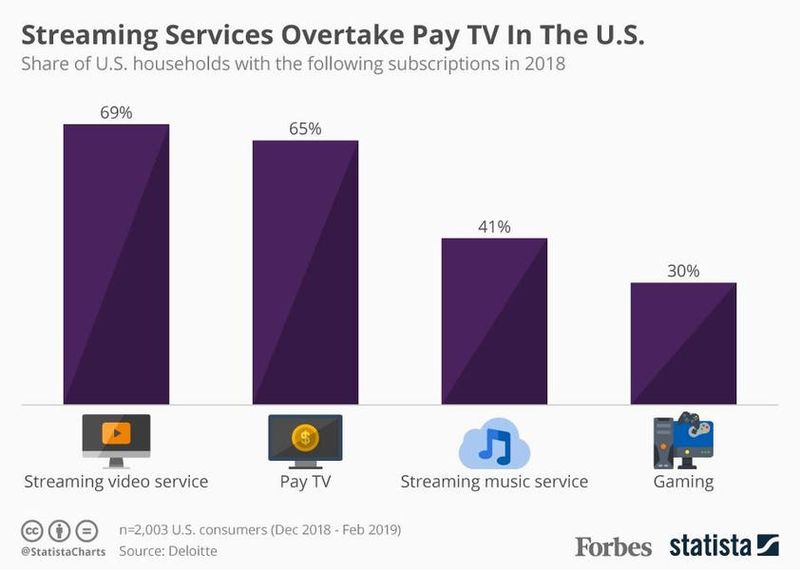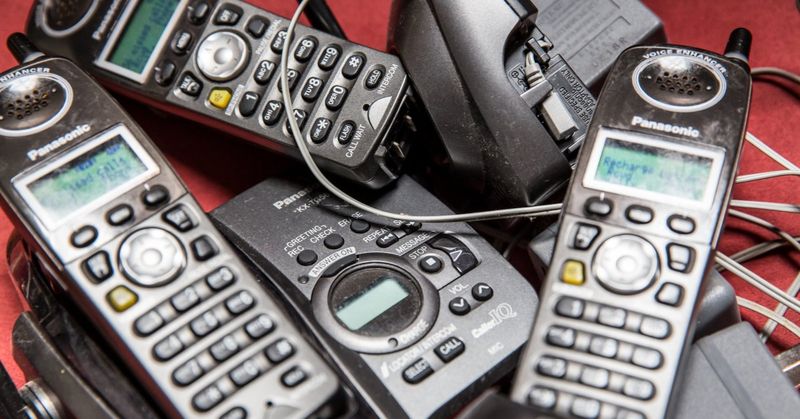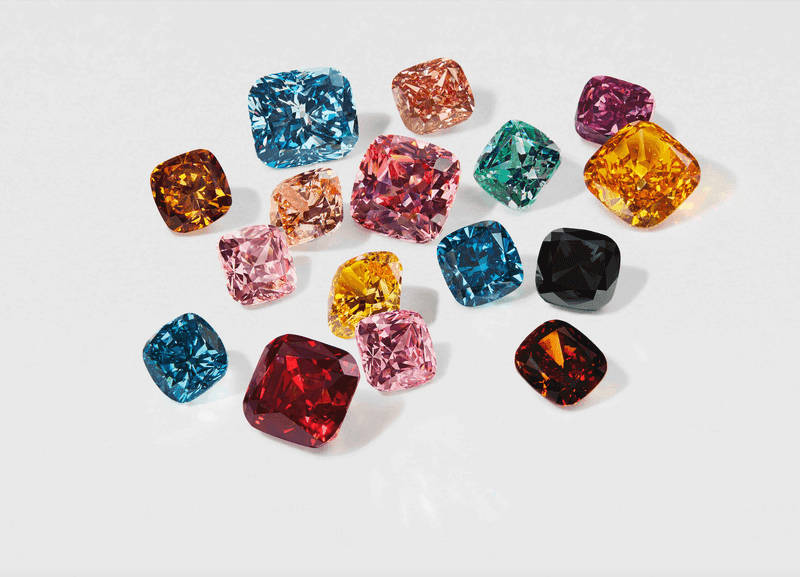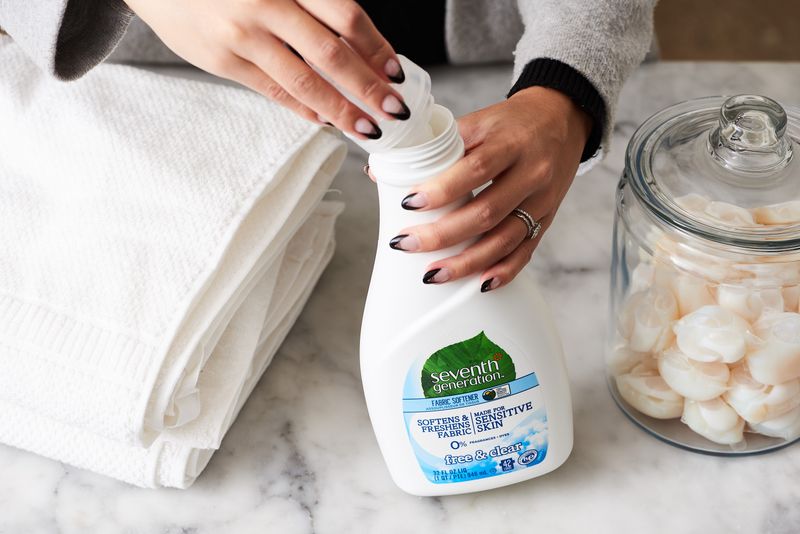In today’s ever-changing economic landscape, the purchasing behaviors of millennials hold significant sway over market trends. As a generation known for valuing experiences over possessions, millennials are reshaping industries by choosing not to buy certain products. This blog post explores 15 items that millennials are increasingly avoiding, causing ripples of anxiety across various sectors.
1. Cable TV Subscriptions

Once a staple in every household, cable TV subscriptions are now fading fast in millennial homes. As streaming services offer on-demand content without the need for clunky cable boxes, the appeal of traditional TV dwindles.
Millennials, with their fast-paced lifestyles, prefer the flexibility streaming services offer. Binge-watching shows at their convenience and avoiding commercials are major attractions.
Cable companies are left scrambling, innovating to keep up, but the lure of personalized content and cost-effective streaming packages remains strong.
2. Landline Phones

The landline phone, once the center of household communication, has become nearly obsolete among millennials. Smartphones, with their multifunctionality, have taken over, rendering landlines inconvenient.
With mobile devices offering internet access, social media, and countless apps, landlines lack appeal. Millennials prefer the mobility and versatility of smartphones.
Telecommunication companies struggle to maintain this dying service, as the demand plummets. The cultural shift towards wireless communication is undeniable. It’s a silent farewell to the dial tone we once knew.
3. Traditional Wedding Registries

Millennials are redefining traditions, including wedding registries. Gone are the days of fine china and crystal vases. Instead, they opt for experiential gifts like honeymoon funds or donations to charity.
As this generation marries later, they often already own household essentials. The shift towards minimalism and practicality influences their choices profoundly.
Retailers adapting to this change offer alternative registry options, but traditionalists watch with concern as millennials embrace a new way of celebrating their unions.
4. Diamonds

The allure of diamonds is losing its shine among millennials. Ethical concerns and cost are significant factors driving this shift. Instead, lab-grown stones and alternative gemstones appeal to their values.
Millennials prioritize sustainability and affordability, reshaping the jewelry industry’s approach to marketing and production. The tradition of diamond engagement rings seems outdated to them.
Jewelry retailers are feeling the pressure to innovate as millennials challenge traditional luxury norms, preferring meaningful over materialistic purchases.
5. Luxury Handbags

Luxury handbags, once a symbol of status, are not the must-have items they once were. Millennials are leaning towards practicality and sustainability, favoring eco-friendly materials and functionality.
The appeal of minimalist and versatile alternatives grows as millennials focus on experiences and values over material wealth. Status symbols are being redefined in this generational shift.
Luxury brands are compelled to rethink their strategies, as millennials challenge the traditional narratives of fashion and status.
6. Fabric Softener

Millennials are ditching fabric softeners, viewing them as unnecessary and environmentally harmful. Concerns about chemical residues and ecological impact drive this change.
With more natural and eco-friendly products available, millennials seek alternatives that align with their green values. The convenience of all-in-one products adds to the decline.
Manufacturers are facing the challenge of reinventing their products to appeal to eco-conscious consumers. This shift reflects a broader trend towards sustainable living.
7. Homeownership

Homeownership, once the hallmark of adult success, is less appealing to millennials. Rising property prices, student debt, and a preference for mobility contribute to this decline.
Many favor renting for its flexibility, allowing them to pursue careers and experiences without geographic constraints. The traditional dream of owning a home is being redefined.
Real estate markets are adapting to these preferences, but the generational gap in property ownership continues to grow.
8. Department Store Credit Cards

Department store credit cards, once a popular financial tool, are losing favor. Millennials are wary of high-interest rates and prefer the convenience of digital payments.
Mobile wallets and apps offer more flexibility and rewards tailored to their lifestyle. The appeal of store-specific cards diminishes as financial literacy grows among this generation.
Retailers are shifting strategies, seeking to engage millennials through technology and personalized experiences rather than traditional credit incentives.
9. Napkins

The humble napkin is being sidelined in favor of more versatile paper towels. Millennials prioritize practicality and versatility, deeming napkins superfluous.
With paper towels serving multiple purposes, from cleaning to dining, they are the go-to choice for many. The decline in napkin sales reflects a broader trend of minimalism and sustainability.
Producers are re-evaluating their offerings, as millennials continue to reshape consumer habits with their preference for adaptable household items.
10.


